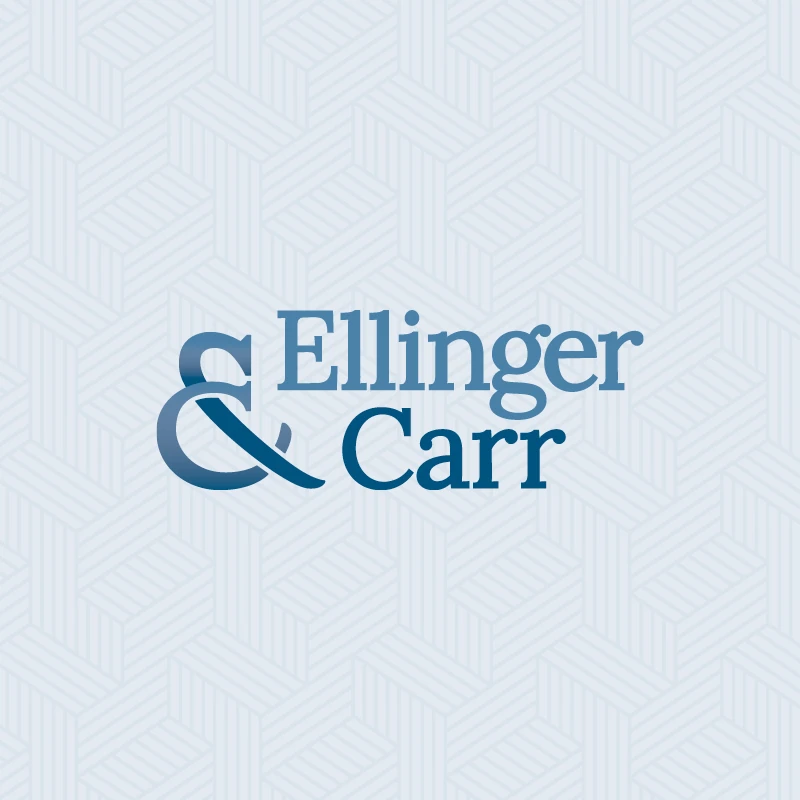 North Carolina and Wake County are continuing to keep pace and to set the pace of residential real estate development in spite of months of coronavirus pandemic, and we are bucking the reported slowdown of affordable housing construction elsewhere in the United States, as reported by a recent Bloomberg News article (July 30, 2020), “COVID-19 is Killing Affordable Housing, Just as It’s Needed Most.”
North Carolina and Wake County are continuing to keep pace and to set the pace of residential real estate development in spite of months of coronavirus pandemic, and we are bucking the reported slowdown of affordable housing construction elsewhere in the United States, as reported by a recent Bloomberg News article (July 30, 2020), “COVID-19 is Killing Affordable Housing, Just as It’s Needed Most.”
https://www.bloomberg.com/news/articles/2020-07-30/the-u-s-affordable-housing-gap-is-getting-worse?
The Raleigh News & Observer reported in mid-July 2020 on a number of upcoming and proposed residential developments in Wake County, including both market-rate and affordable housing properties. The article notes that the Raleigh City Council approved a rezoning request from Raleigh affordable housing developer DHIC and senior home developer Presbyterian Homes to redevelop the closed Memorial Presbyterian Church at 1950 New Bern Avenue in east Raleigh. Construction is expected to commence in early 2021 with 150 units for seniors making 60% or less of area median income.
The Crenshaw Trace development is another senior affordable housing development in Wake Forest, slated to begin construction later this summer by the Taft-Mills Group, a Greenville, North Carolina developer, with 68 units (36 one-bedroom and 32 two-bedroom units) for residents over 55 making 30% to 80% of area median income. Rents will range from $476 to $1,086, according to the N&O report, and will be supported by a Wake County loan of $731,000. Wake County Commissioners approved loan funding of up to $12.6 million last April for the building of affordable housing, including the Crenshaw Trace development.
The Taft-Mills Group also expects to commence construction later this summer of the Walnut Trace development, a 180-unit development in 6 buildings on Rock Quarry Road in southeast Raleigh, serving families with 60% of area median income. The Walnut Trace development will be financed by low income housing tax credit equity funding, Raleigh Housing Authority tax exempt and taxable multifamily housing revenue bonds up to $23 million, and an affordable housing loan of $2,250,000 from the City of Raleigh.
The Taft-Mills Group also recently closed and will commence construction of the Farrington Trace development in Greenville, Pitt County, 80 apartment units serving families with incomes at 60% or less of area median income. This development is financed with 9% low income housing tax credit equity financing, and loans from the North Carolina Housing Finance Agency.
Renters at Risk
According to the National Low Income Housing Coalition and their Out of Reach 2020 Report, 35% of nearly 4 million households in North Carolina are renters’ households. The Report states that the North Carolina worker earning an average renter wage of $15.92 per hour could afford a rent of $828 per month, but the fair market rent for a two-bedroom apartment is $919, and thus “out of reach” for many North Carolinians.
According to the Bloomberg News article, affordable housing advocates are also concerned that the COVID-19 pandemic will not only slow down construction of new affordable housing units, but that many people now unemployed due to the pandemic face eviction because they can’t pay the rent. Pending legislation currently being debated and negotiated in Congress may extend the CARES Act eviction moratorium, which expired on July 25, and provide additional housing and financial assistance to unemployed and other struggling Americans, and to State and local governments to continue funding affordable housing initiatives. One estimate is that as many as 40% of Americans may be at risk of eviction for non-payment of rent if the eviction moratorium is not extended and renters are unable to return to work.

Ellinger Carr is a business law and commercial real estate law firm based in Raleigh, North Carolina. Ellinger Carr lawyers are experienced and knowledgeable counselors, transaction leaders and business problem solvers, admitted to practice in North Carolina, South Carolina, Florida, Louisiana and New York. For assistance in commercial real estate and corporate and business development matters, call 919-785-9998 or email Susan Ellinger at , Heather McDowell at , Sarah Goodin at and Steven Carr at .

